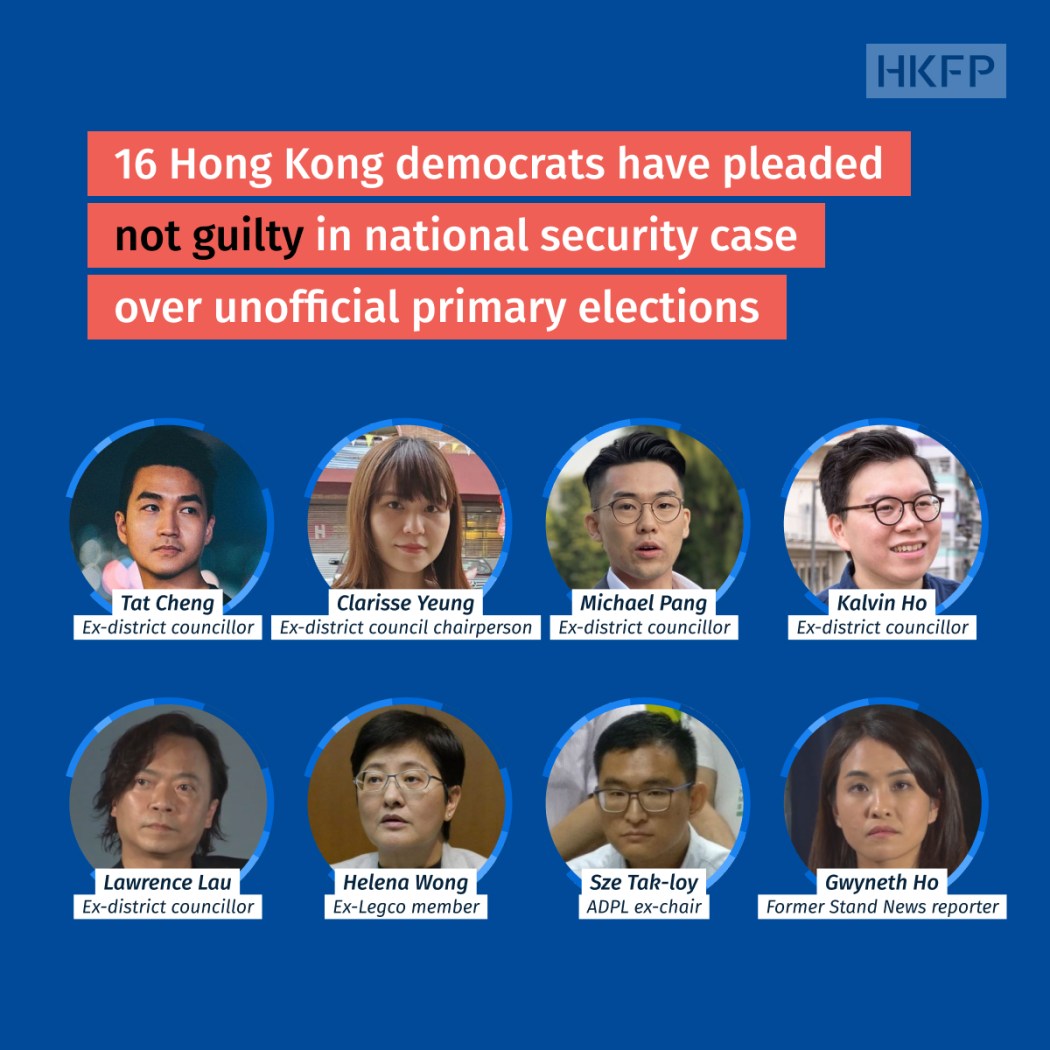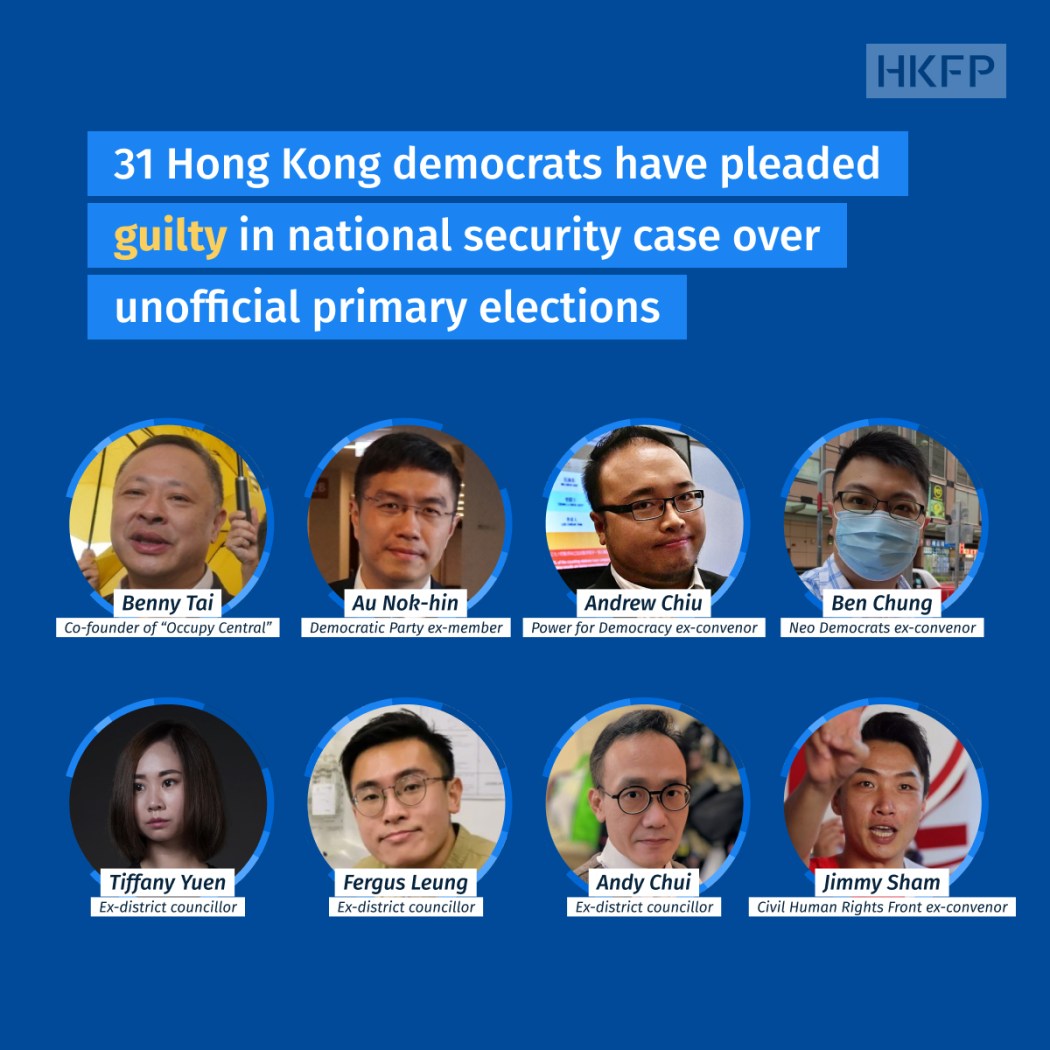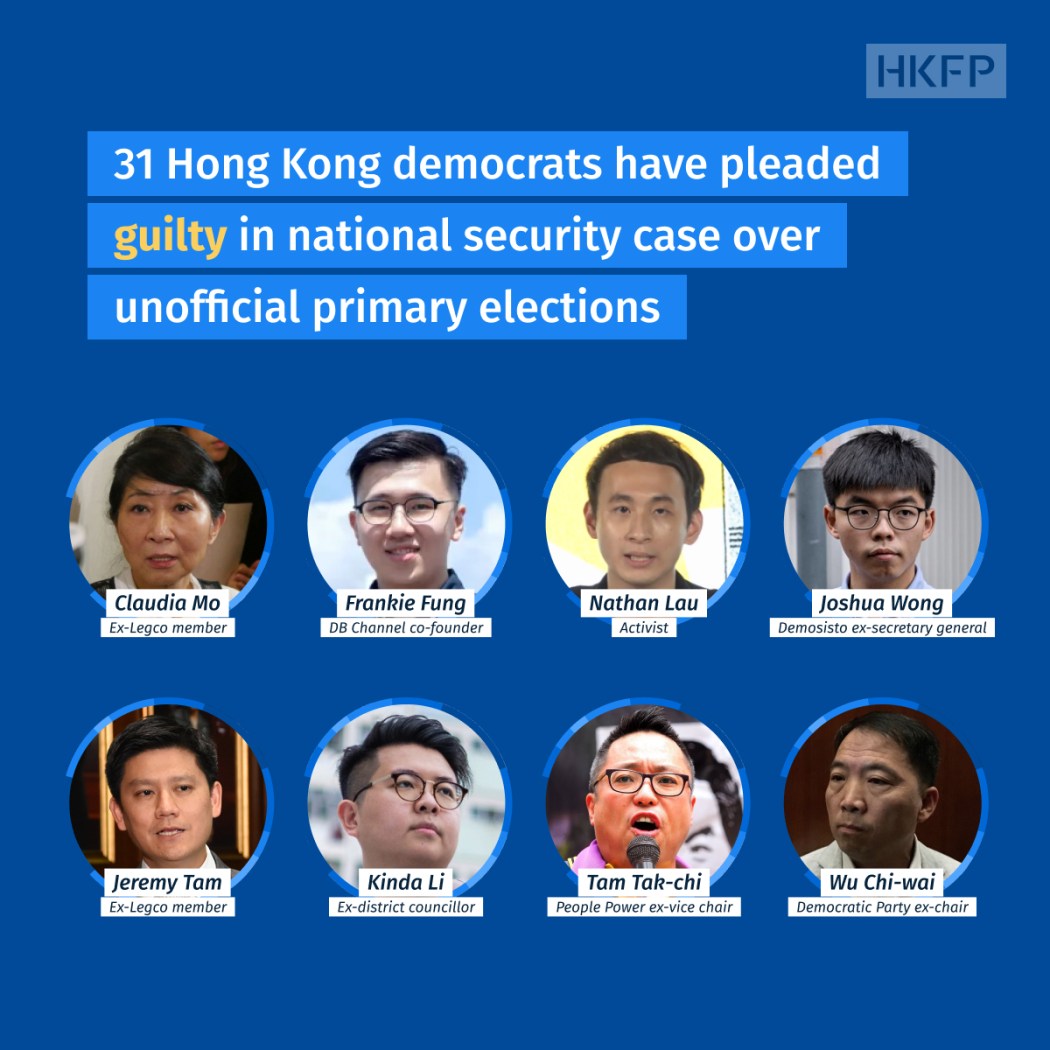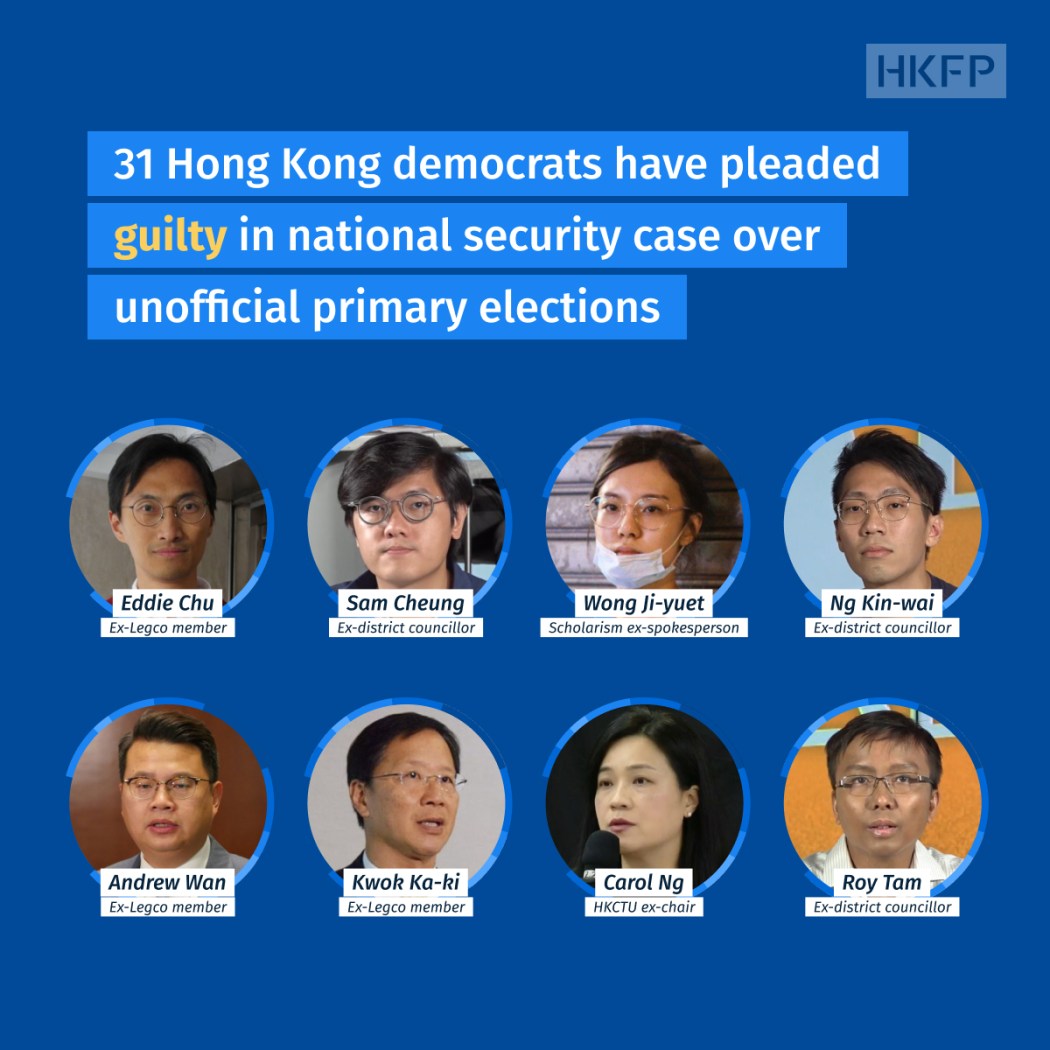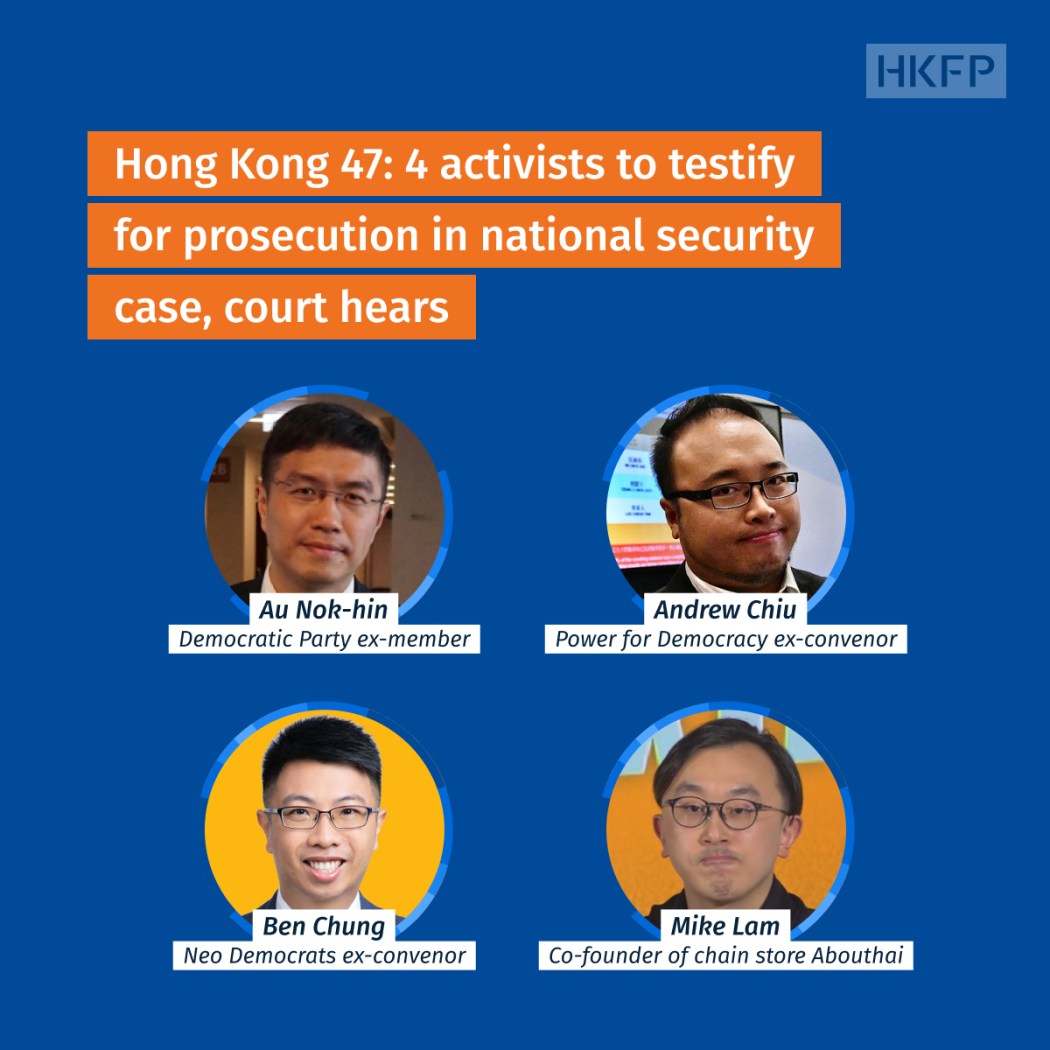A prosecution witness at Hong Kong’s landmark 47 democrats trial has said that she was not convinced that defendant Gwyneth Ho would uphold the city’s mini-constitution.

Amy Yeung, who was a returning officer during the 2020 Legislative Council elections, appeared before the court on Monday. The civil servant was in charge of vetting the nominations of candidates in New Territories East, one of the constituencies in the ultimately-postponed elections.
Representing Ho, barrister Trevor Beel asked Yeung how she made the decision on Ho’s “validity” to run. Ho was eventually disqualified from participating.
Yeung said that she sent questions to Ho in an attempt to ascertain if she had an intention to “genuinely uphold the Basic Law and pledge allegiance to the Hong Kong SAR,” per a declaration that nominees must sign.
The letter was sent to Ho on July 25, 2020, and she was given until 2 p.m. the next day to respond. According to Yeung, Ho responded by saying she believed that the national security law undermined the Basic Law, the city’s rule of law and the freedoms of Hongkongers.
“I was not satisfied that this candidate… had that intention,” Yeung said.
She added that the duration of time Ho had to respond was “not unreasonable,” given that the nomination period was coming to an end and the fact that her questions were “quite clear.”
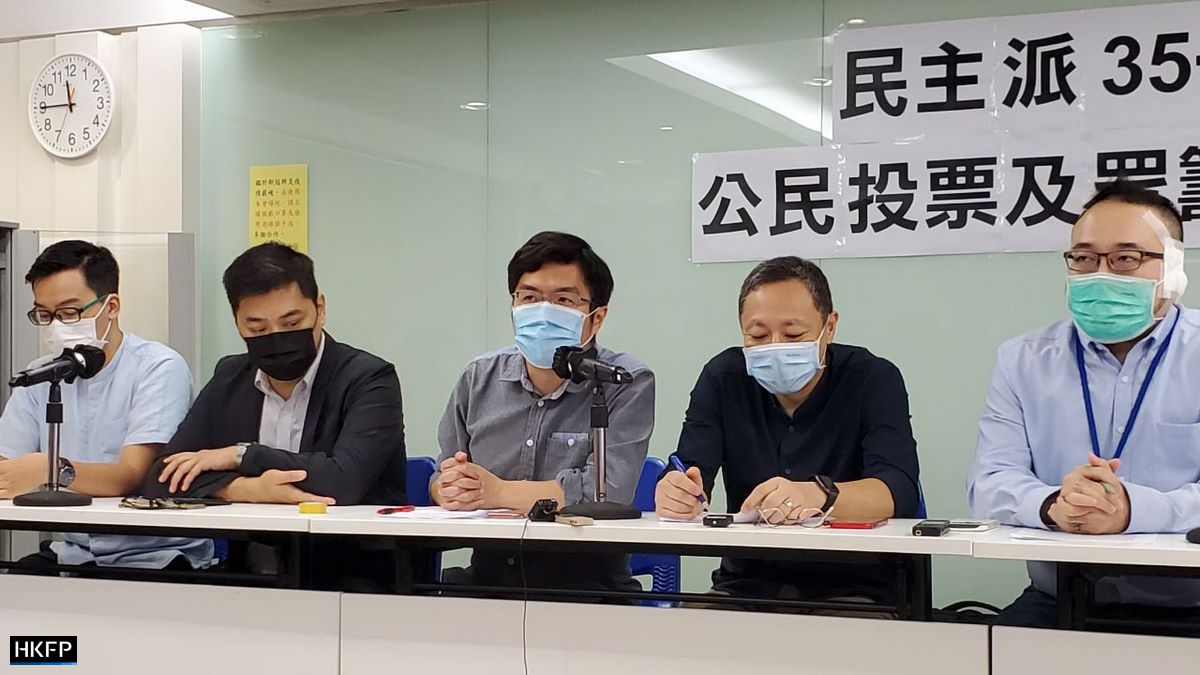
Ho, a former journalist with the now-defunct Stand News media outlet, is among 47 democrats charged with “conspiracy to commit subversion,” after they organised primaries in a bid to win the 2020 legislative election. They stand accused of planning to use legislative powers to indiscriminately veto bills, whilst forcing the chief executive’s resignation and a government shutdown. Most were detained for almost two years awaiting trial.
She and 15 others have pleaded not guilty. The trial is taking place before three handpicked national security judges and no jury, a departure from Hong Kong’s common law legal system.
The 29 who have pleaded guilty will be sentenced after the trial. All of the defendants face up to life imprisonment.
‘God will not let you off’
The prosecution also summoned a police officer from the National Security Department who was tasked with collecting online evidence relating to the 47 democrats’ case.
The officer, Fung Siu-man, had screenshotted contents including newspaper columns and social media posts.
Beel said it appeared that the material she obtained was “predominantly” from the Facebook page of Benny Tai, one of the organisers of the primary elections.
Fung said she had not been asked to look into Tai specifically, but it became clear as the investigation went on that he was one of the “major figures,” so she decided to “focus” on him.

She added that although there was a “blue tick” next to Tai’s name on Facebook, suggesting it was a verified account, she agreed with Beel that anyone with access to the account could make those posts.
Representing defendant Ray Chan, David Ma also cross-examined Fung. When asked if the name “Tang Kee” was familiar to her, she said it was the name of a Facebook account used to conduct investigation and take screenshots.
The account, she added, was shared with other officers on his team.
Ma pointed out that one of the screenshots of Tai’s Facebook posts showed that the user “Tang Kee” had left a comment in Chinese underneath reading “Even if [the primaries] did not violate any laws, God will not let you off.”
Laughter was heard from the public gallery and the defendants as Ma read out the comment.
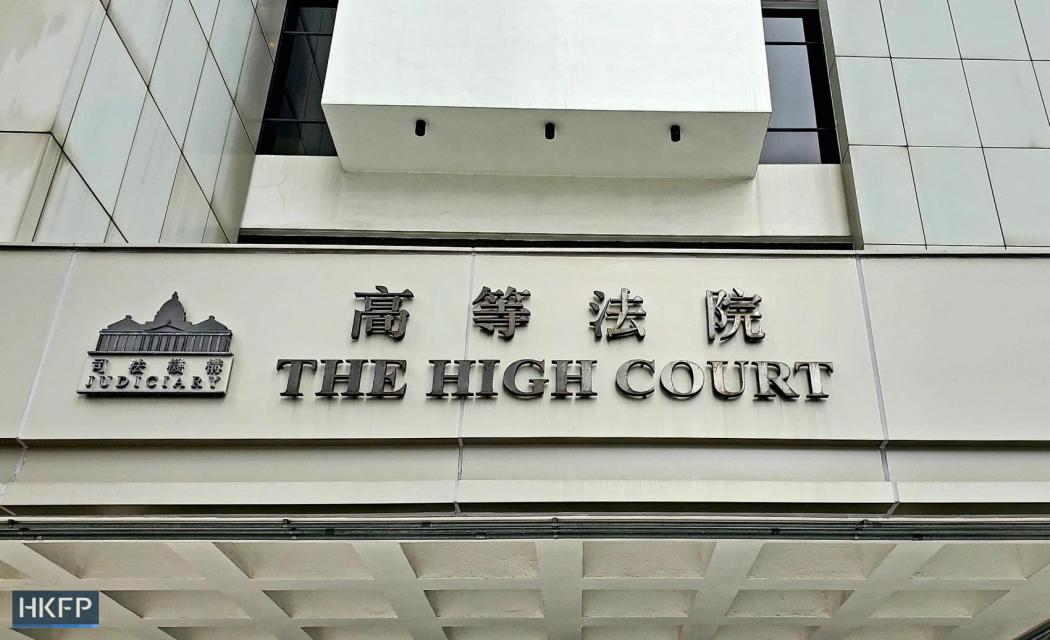
“Did you leave that comment?” Ma asked.
“I have no impression,” Fung said.
When prompted, Fung said the Facebook account was only used by police officers.
‘Corruption of the system’
As the trial entered its 57th day on Tuesday, the last of four defendants who are testifying for the prosecution also finished giving evidence.
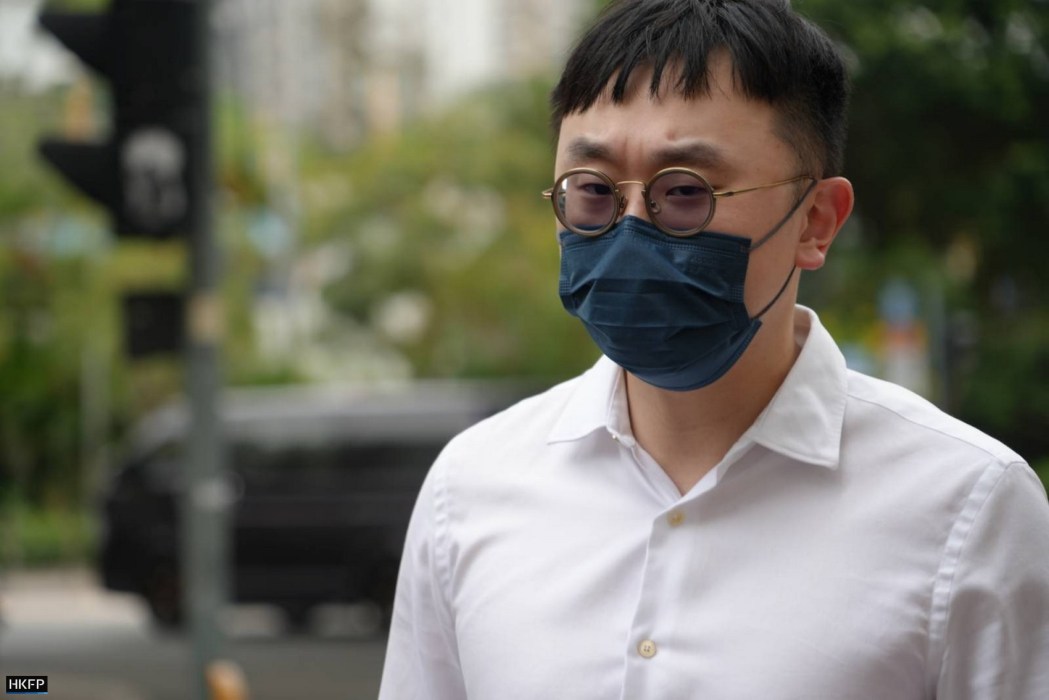
Mike Lam, wearing a black suit, appeared before the court in the morning. The businessman is known for owning a chain of grocery stores that promoted a pro-democracy stance during the protests and unrest of 2019. In March, however, a Facebook post on his page announced that the “yellow economic circle” – referring to shops that support democracy in Hong Kong – was a “wrong demonstration,” and that his brand – AbouThai – no longer had any relationship with it.
Lam had originally said he would run in the import and export sector of the Legislative Council elections, which allocates seats for industry representatives, but he later changed his mind and ran in the New Territories East geographic constituency instead, as he believed he had a higher chance of winning.
The defence displayed a Facebook post, from July 2020, in which he announced his intention to run in the geographical race. In the post, he referred to the “corruption of the system.”
When challenged by Beel, Lam explained that many people he approached said they did not have a vote in the import and export functional constituency. Representatives in functional constituencies are elected by a small circle of voters comprising of a select pool from the respective industries.
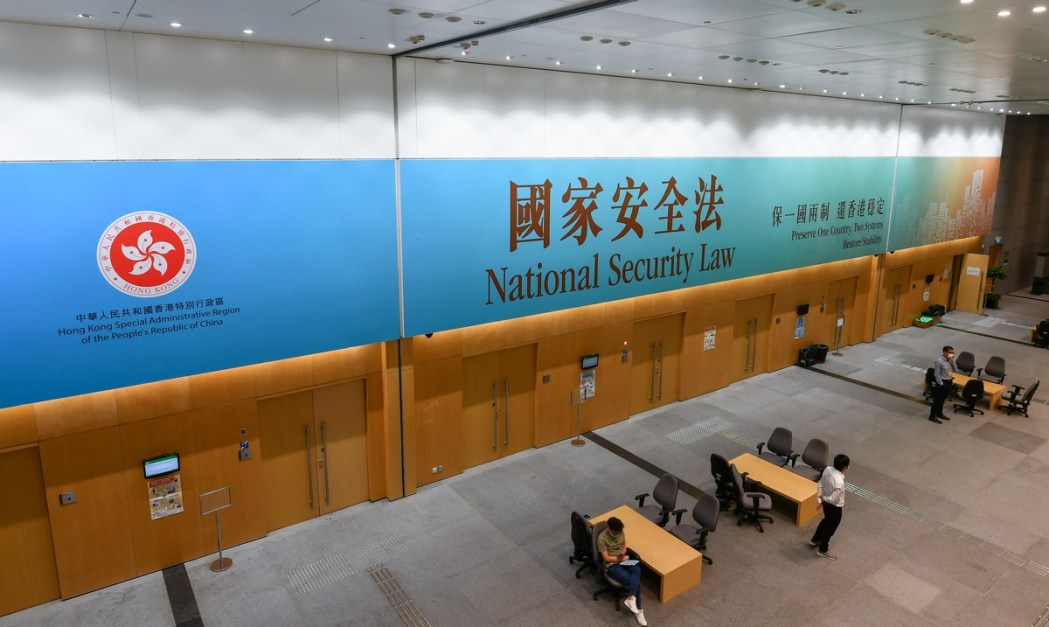
When asked by Beel why he had chosen to run in New Territories East, he said he admitted that his “sense of politics was quite poor.” He added that he had grown up in the eastern New Territories and had a number of shops in the area.
Before Lam, ex-lawmaker Au Nok-hin and ex-District Councillors Andrew Chiu and Ben Chung also took to the witness stand.
The 47 democrats case is the largest trial under Beijing’s national security law, which bypassed local legislature and came into effect in June 2020 following a year of pro-democracy protests and unrest. It criminalised subversion, secession, collusion with foreign forces and terrorist acts.
The move gave police sweeping new powers, alarming democrats, civil society groups and trade partners, as such laws have been used broadly to silence and punish dissidents in China. However, the authorities say it has restored stability and peace to the city.
Support HKFP | Policies & Ethics | Error/typo? | Contact Us | Newsletter | Transparency & Annual Report | Apps
Help safeguard press freedom & keep HKFP free for all readers by supporting our team


